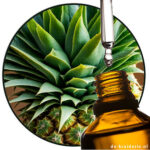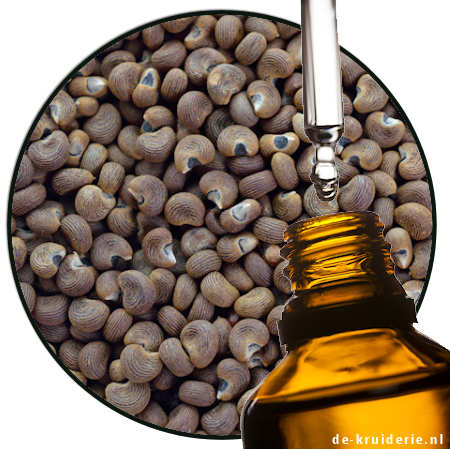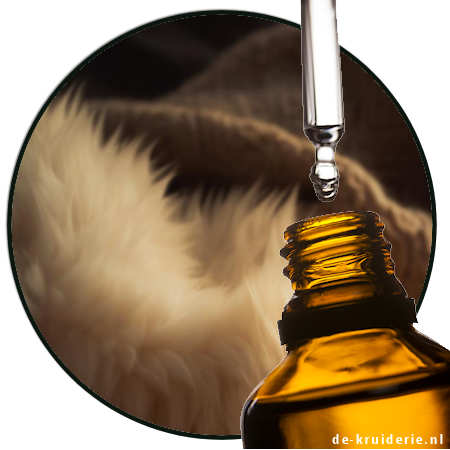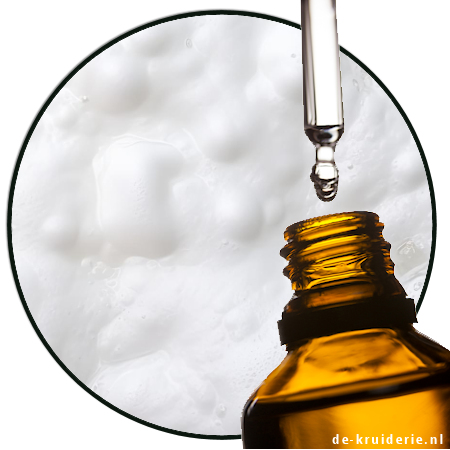

Ambrettolide Biobased (Givaudan)
Scent: a warm, musky, creamy, amber ambrette fragrance, slightly sweet and slightly fruity (berries).
A macrocyclic musk and broadly applicable.
To be used in minimal quantity (traces) in top notes,in heart notes, but definitely in base, it is also a good fixer.
CAS: 7779-50-2
EINECS:231-929-1
Fragrance strength: strong (4 weeks on a fragrance strip)

Ambrettolide (Givaudan) is a modern macrocyclic musk molecule produced via a biobased, biotechnological method. It is not a natural isolate, but it is derived from renewable plant resources.
1st Class Quality Products
All fragrances are selected with care
Delivery from stock
We supply everything from our own stock, unless otherwise stated on the product itself.
Biotech ambrettolide from Givaudan is not made from ambrette seed.
Instead, it is produced through biotechnological processes, such as fermentation or enzymatic synthesis, using renewable plant resources such as sugars or oils.Why is it called “ambrettolide”?
The name refers to its fragrance affinity with ambrette seed oil(Abelmoschus moschatus), in which ambrettolide occurs naturally.
Biotech ambrettolide is considered a natural isolate designed to deliver the same warm, musky scent.Key differences:
- Ambrette CO₂: Extracted directly from ambrette seed via CO₂ extraction. Contains ambrettolide plus other natural components.
- Biotech Ambrettolide: A single fragrance molecule, sustainably produced and consistent in quality.
So it pays homage to natural origins, but with a modern, eco-friendly twist.
Why is it considered natural?
- The final product is chemically identical to the molecule naturally occurring in ambrette seed.
- It is produced through natural processes (such as fermentation), without petrochemical origins.
- It often meets the criteria for “natural” according to perfume standards such as IFRA and ISO, depending on the raw materials used.
Summary:
- Not extracted from ambrette seed, but natural in the sense of origin and method of production.
- Durable, consistent and suitable for natural perfumes.










